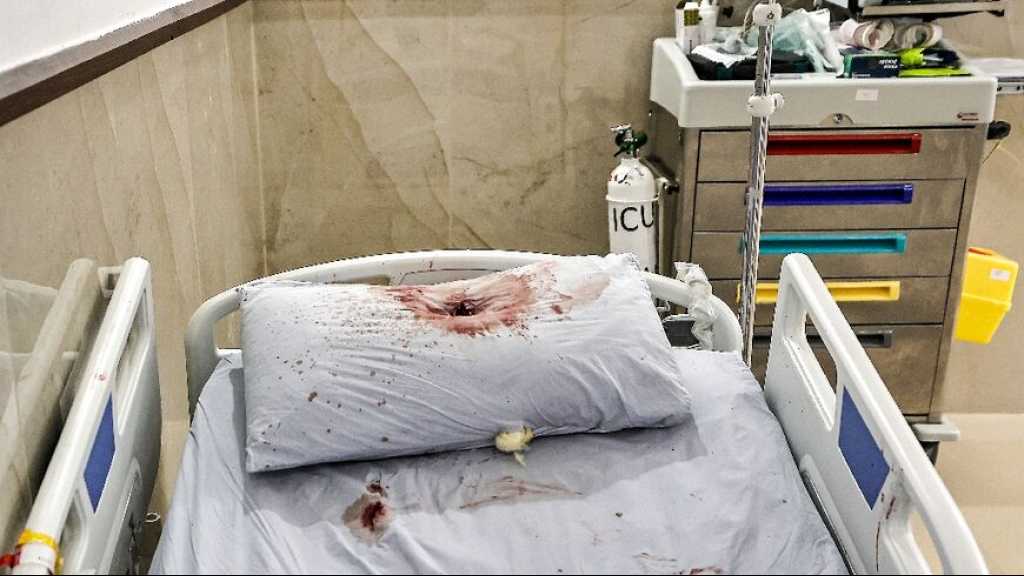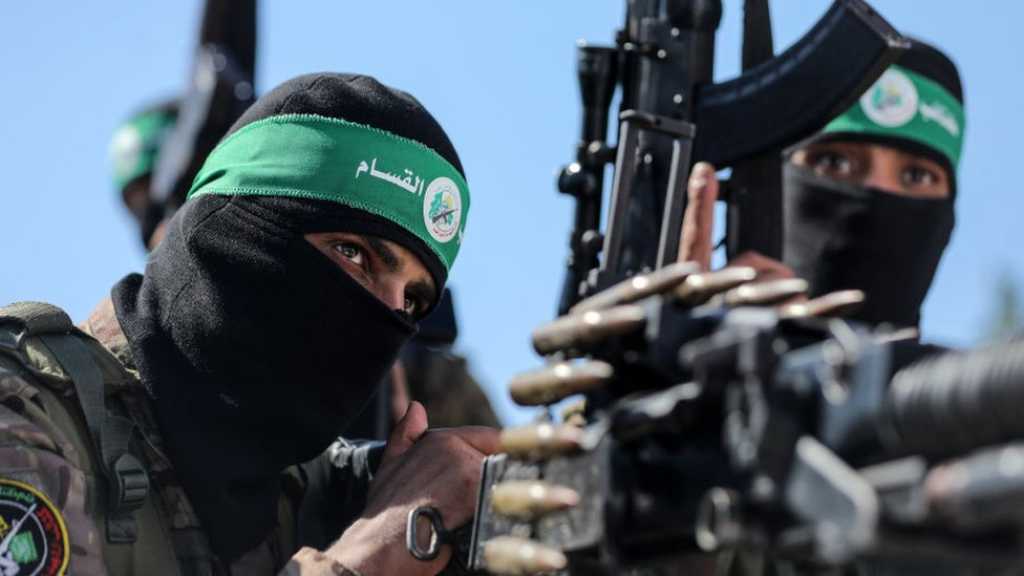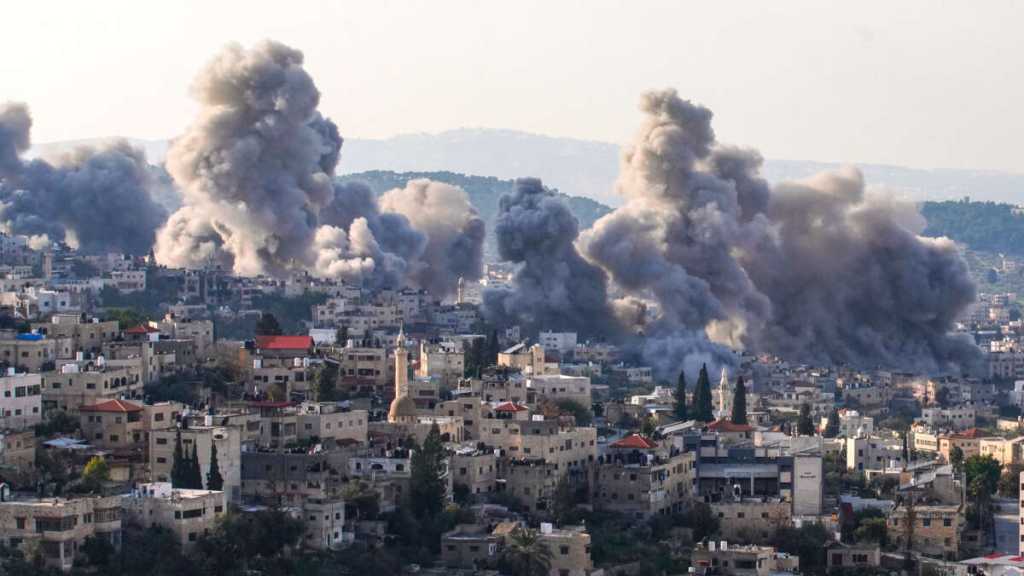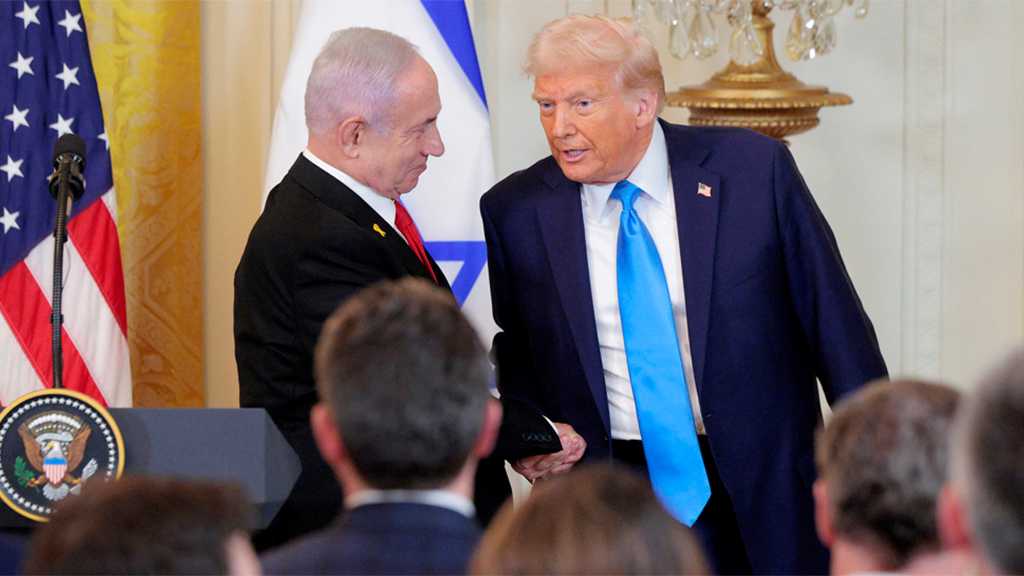
MSF: West Bank Healthcare in Dire State

By Staff, Agencies
Doctors Without Borders [MSF] warned on Thursday that the West Bank's healthcare system has been in "a state of perpetual emergence" since October 2023.
“A dramatic escalation in violence, marked by prolonged Israeli military incursions and stricter movement restrictions... have severely hindered access to essential services, particularly healthcare, exacerbating already dire living conditions for many Palestinians,” the report said.
It further mentioned that "Since October 7, 2023, the West Bank has seen a dramatic escalation in violence, marked by prolonged ‘Israeli’ military incursions and stricter movement restrictions.”
The report examined “the attacks and the obstructions of healthcare in a context of, what has been described by the International Criminal Court [ICC] as segregation and apartheid,” revealing “a pattern of systematic interference by ‘Israeli’ forces and settlers in emergency healthcare delivery".
According to the Palestinian Health Ministry, “Israeli” occupation forces and settlers have martyred at least 884 Palestinians in the West Bank since October 7, 2023. The prevention of Palestinians from accessing healthcare was "part of a wider system of collective punishment imposed by ‘Israel’, under the guise of its crackdown on armed Palestinian men", MSF said, adding that Palestine's strained healthcare system in the West Bank has been under pressure since October 2023, and is also grappling with budgetary issues.
Healthcare workers have not been paid in over a year, and almost half of medications are out of stock, with hospitals and clinics running at "significantly reduced levels," according to MSF.
In parallel, the report detailed that the "access to healthcare is severely impeded by a sprawling system of checkpoints and roadblocks that obstruct ambulance movements, compounded by the escalation of violent military raids involving the use of disproportionate tactics.”
Frequent attacks on medical personnel and facilities “are also making matters worse,” moreover, “Hospitals and healthcare structures are often encircled by military forces, with troops sometimes occupying the buildings themselves, compounding the risks to both patients and staff,” with the violence being exacerbated by Israeli settlers.
MSF called on "Israel" in its statement to stop its "disproportionate use of force" in the West Bank, including on medical facilities and against medical personnel, calling for independent investigations into past attacks on Palestinian healthcare facilities and civilians, for "Israel" to facilitate medical access to those in need, and to allow UNRWA to continue its work.
Regarding the aftermath of the war on Gaza and the compounded suffering of Palestinians, MSF warned in late January that efforts to rebuild Gaza face immense obstacles, including unexploded ordnance scattered across devastated neighborhoods. The humanitarian organization warned that clearing these remnants of war will take years, significantly delaying the reconstruction of homes, infrastructure, and essential services.
"People are trying to rebuild from the rubble. Rafah is destroyed, with homes, shops, streets, and healthcare facilities in ruins and electricity and water systems damaged. The area is also unsafe due to scattered unexploded artillery in the remnants of buildings, which will take years to clean," said Pascale Coissard, part of MSF's emergency coordination team.
The city of Rafah, which suffered heavy damage during the war, remains largely uninhabitable. Coissard said that without health services and broader humanitarian aid, resuming daily life in many areas of Gaza will remain impossible.
"Health services, including the rest of humanitarian aid, and rebuilding of the city is needed for life to be able to come back to Rafah, but it's still too dangerous for people to return in most areas," she stated, stressing the ongoing risks even after the ceasefire.
Although bombings have ceased, dangers persist in the form of hidden explosives. The psychological toll on residents and aid workers returning to these areas is also profound.
Nadia Abo Mallouh, supporting MSF's medical coordination efforts, described the emotional pain of seeing once-bustling places reduced to ruins. "It's extremely difficult to come back to the same place that used to be full of life," she said.
Comments

MSF: West Bank Healthcare in Dire State
one month ago
Hamas Slams Trump Dangerous Gaza Plan: Adds Fuel to Fire
one month ago
